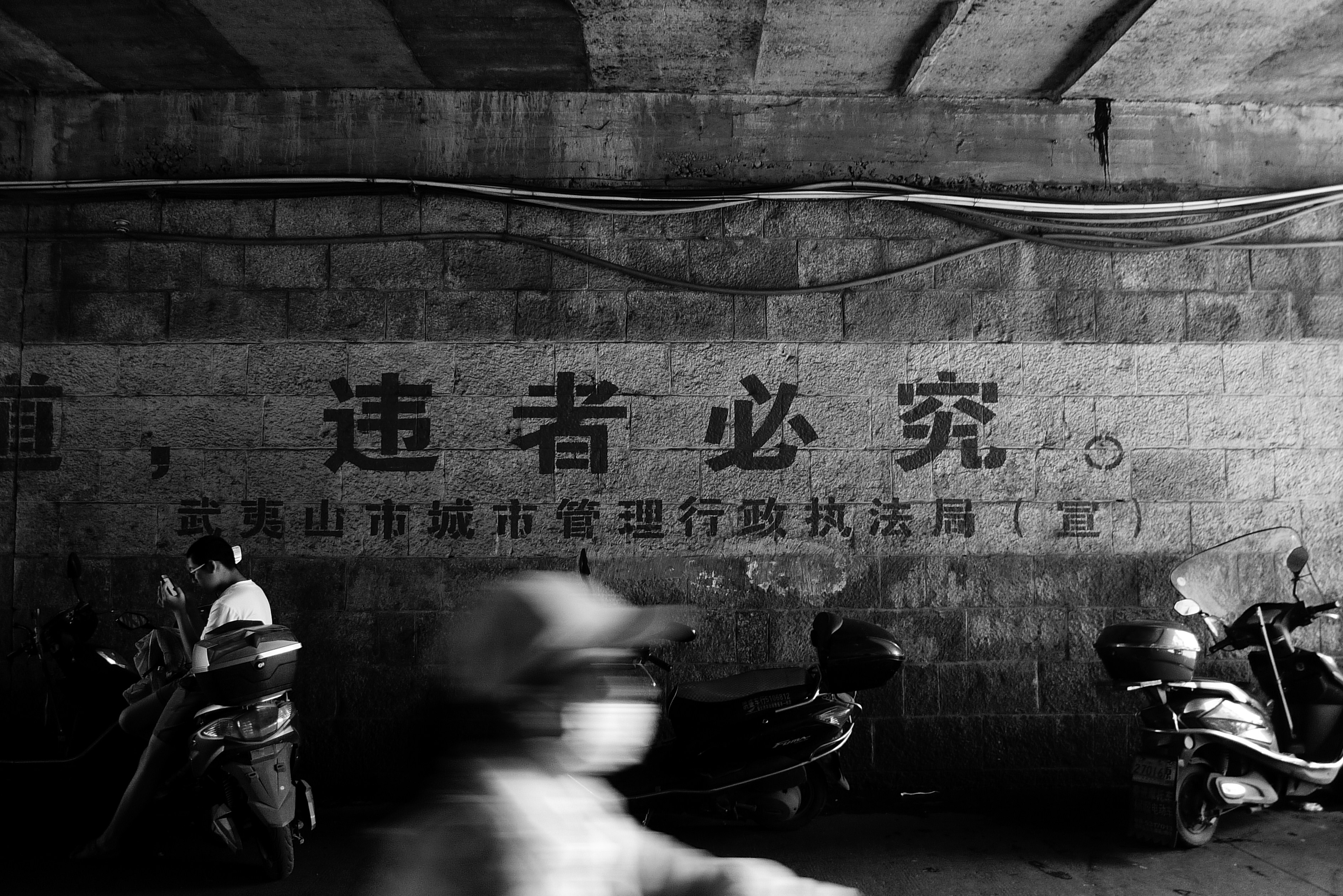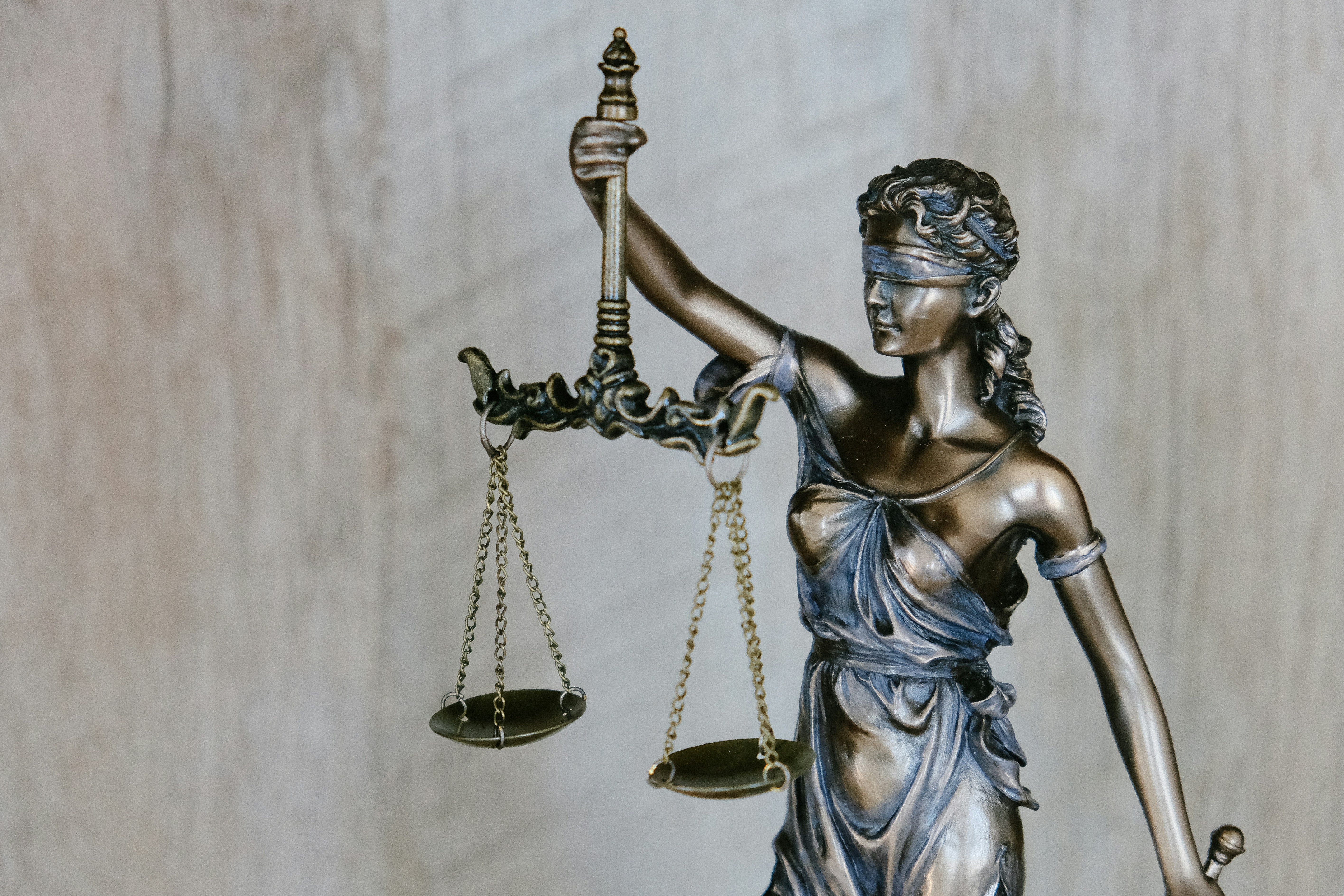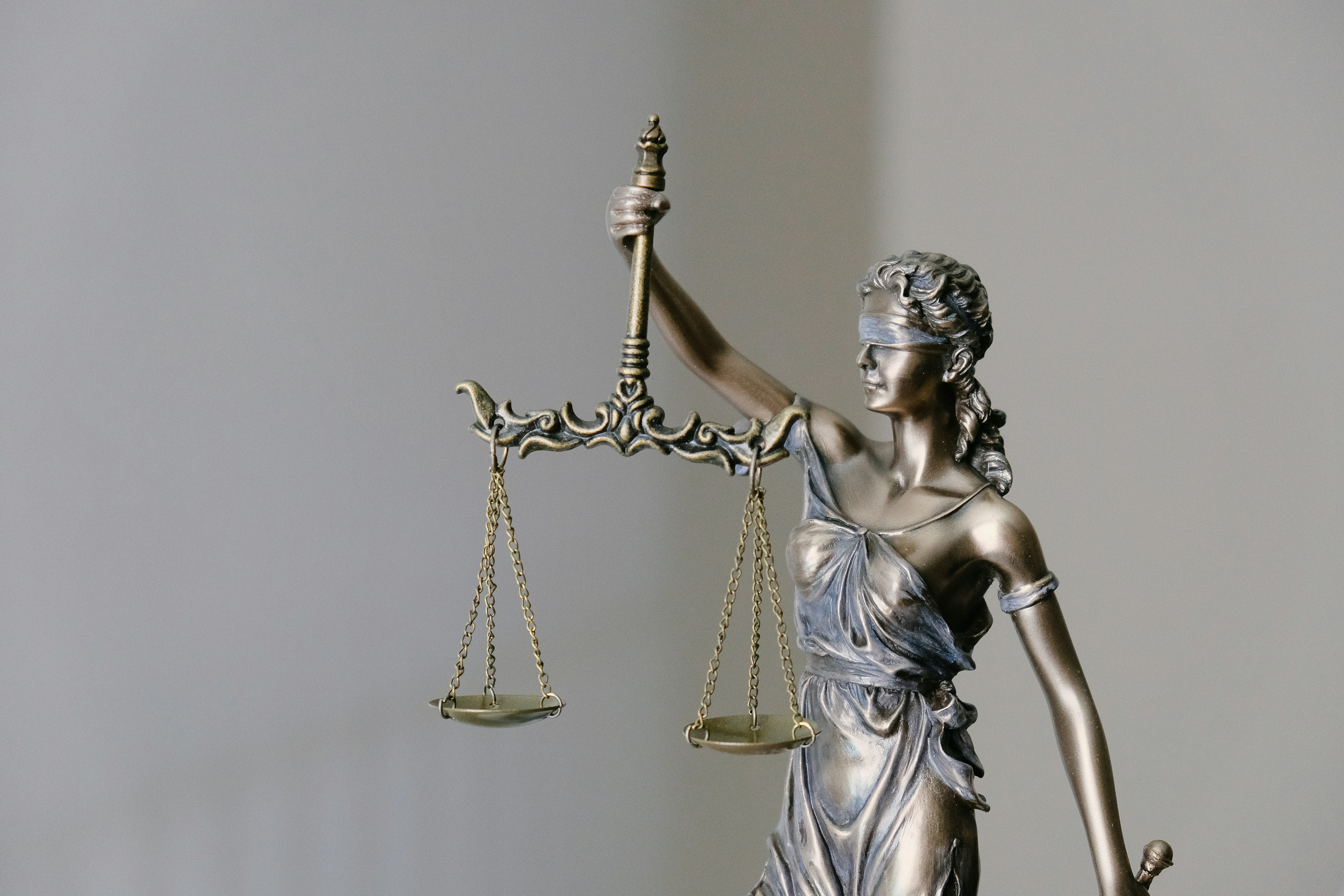
In this article, we will discuss whether there are any legal restrictions on where you can place your security cameras. We will cover the various factors that can impact the placement of your cameras, including privacy laws and regulations. By the end of this article, you will have a better understanding of the legal considerations when positioning your security cameras.
Understanding Legal Restrictions on Security Camera Placement
This image is property of images.unsplash.com.
Recognizing the Importance of Security Camera Placement
When it comes to the safety and security of your home or business, installing security cameras is a crucial step. However, it is essential to understand that there are legal restrictions on where you can place these cameras. Proper security camera placement is not only about capturing the best footage but also about adhering to the law and respecting privacy concerns.
Exploring the Different Types of Legal Restrictions
Legal restrictions on security camera placement can vary depending on the type of property you own and the jurisdiction you reside in. Generally, these restrictions fall into two categories – residential property restrictions and commercial/public property restrictions.
This image is property of images.unsplash.com.
Understanding Residential Property Restrictions
If you are a homeowner or a tenant, you have the right to install security cameras to protect your property. However, there are certain limitations on where you can place them. Placing cameras in public areas, such as streets or sidewalks, is usually not allowed, as it may invade the privacy of passersby. Additionally, you cannot install cameras in areas where individuals have a reasonable expectation of privacy, such as bathrooms or bedrooms.
It is important to inform your neighbors about the cameras’ placement, especially if they might capture a part of their property. Maintaining open communication can help alleviate any concerns they may have.
Examining Commercial and Public Property Restrictions
When it comes to commercial properties, such as retail stores or office buildings, the rules governing security camera placement can be more complex. While you have the right to protect your business, you must be mindful of privacy laws and regulations. Placing cameras in employee-only areas or bathrooms is generally prohibited, as individuals have a heightened expectation of privacy in such spaces. Additionally, make sure to comply with any rules provided by your local government or regulatory bodies specific to your industry.
Public property, including parks, streets, or government buildings, also has legal restrictions on camera placement. In most cases, placing security cameras in these areas is the responsibility of the local authorities. However, private businesses adjacent to public property may be allowed to install cameras facing these areas to monitor their own property.
This image is property of images.unsplash.com.
Considering Privacy Concerns and Legal Boundaries
While security is a top priority, it is crucial to balance it with privacy concerns and respect for individuals’ rights. Placing security cameras in areas where people have a reasonable expectation of privacy, such as bedrooms, bathrooms, or changing rooms, is not only against the law but also an invasion of privacy. It is your responsibility to ensure that the cameras only capture footage within legal boundaries.
Reviewing Local, State, and National Laws
Legal restrictions on security camera placement can vary depending on your location. It is vital to research and stay informed about the specific laws and regulations in your area. These laws can dictate camera placement, signage requirements, and how long footage should be retained. Familiarize yourself with local, state, and national laws to ensure that you are compliant with all the necessary regulations.

Consulting with Legal Professionals
If you have concerns about the legality of security camera placement or need guidance, it is wise to consult with legal professionals specializing in privacy and surveillance laws. They can provide you with expert advice tailored to your specific situation and ensure that you are adhering to all the necessary legal restrictions.
Identifying Security Risks and Vulnerabilities
In addition to legal considerations, it is crucial to identify the security risks and vulnerabilities specific to your property. Conduct a thorough assessment to determine the areas that require surveillance the most. Focus on entry points, blind spots, and any areas where valuable assets are stored. By understanding the potential risks, you can strategically place your security cameras to maximize their effectiveness.

Implementing Proper Security Measures
While security cameras play a vital role in deterring and capturing potential threats, they are just one component of an effective security system. It is essential to implement additional security measures to enhance the overall protection of your property. These may include burglar alarms, motion sensor lights, and access control systems. By taking a holistic approach to security, you can create a comprehensive and robust security system.
Conclusion
Ensuring the safety and security of your property is of paramount importance. When installing security cameras, it is crucial to be aware of the legal restrictions that govern their placement. Understanding the different types of restrictions for residential, commercial, and public properties, as well as considering privacy concerns, is essential. By reviewing local, state, and national laws and consulting with legal professionals, you can ensure that your security camera placement is both effective and legal. Remember to also identify security risks and vulnerabilities and implement proper security measures to create a comprehensive security system that protects your property and respects the privacy of others.


